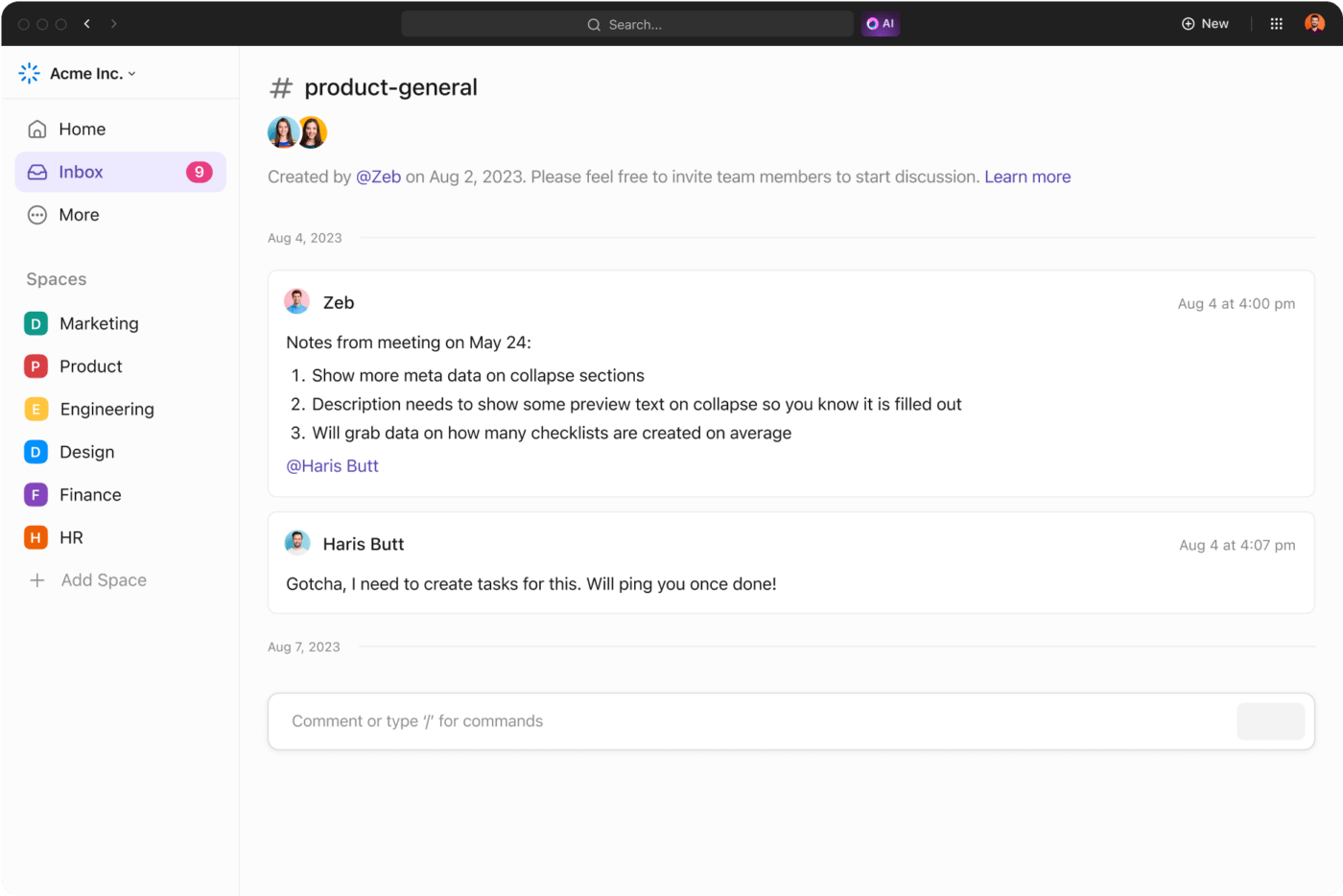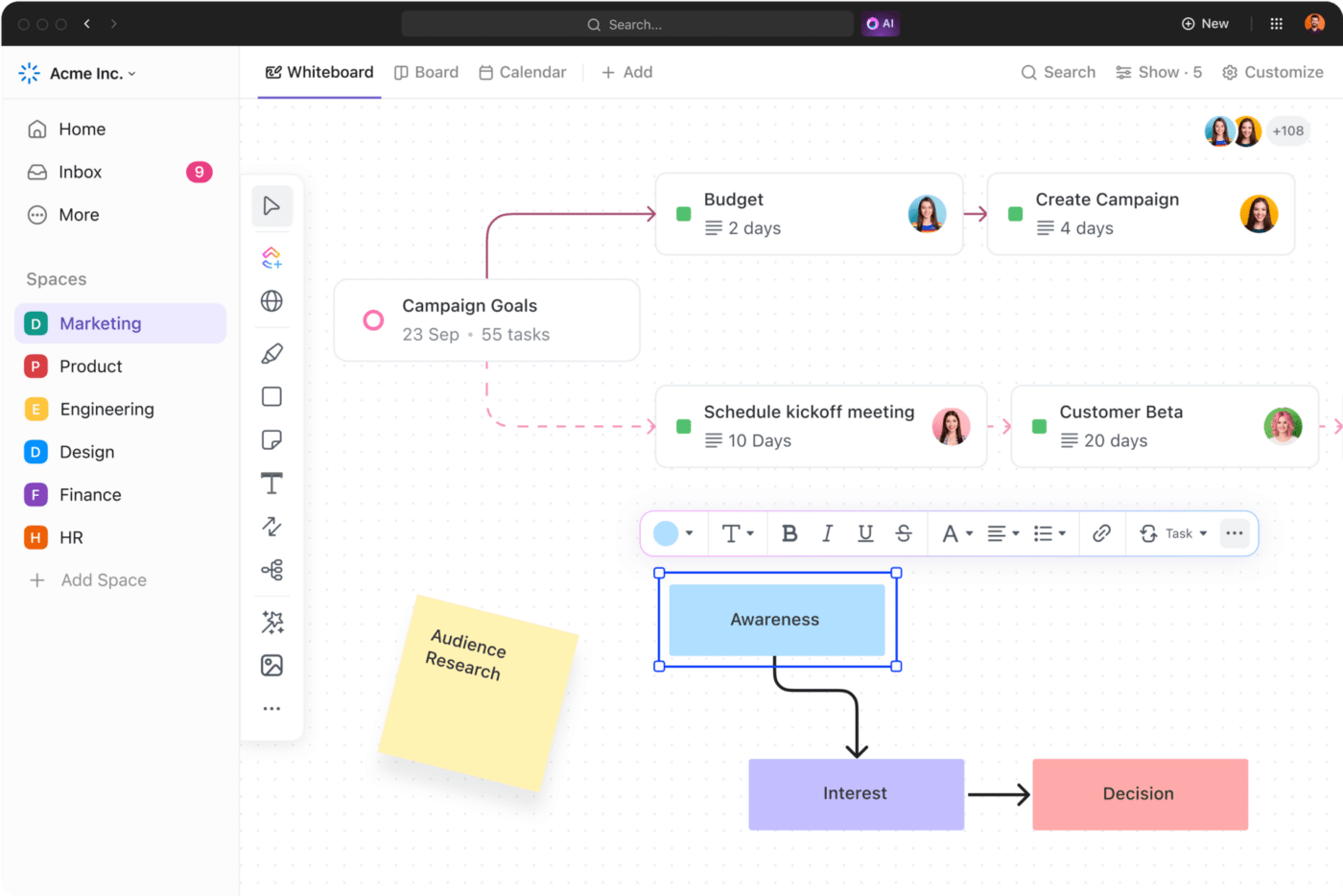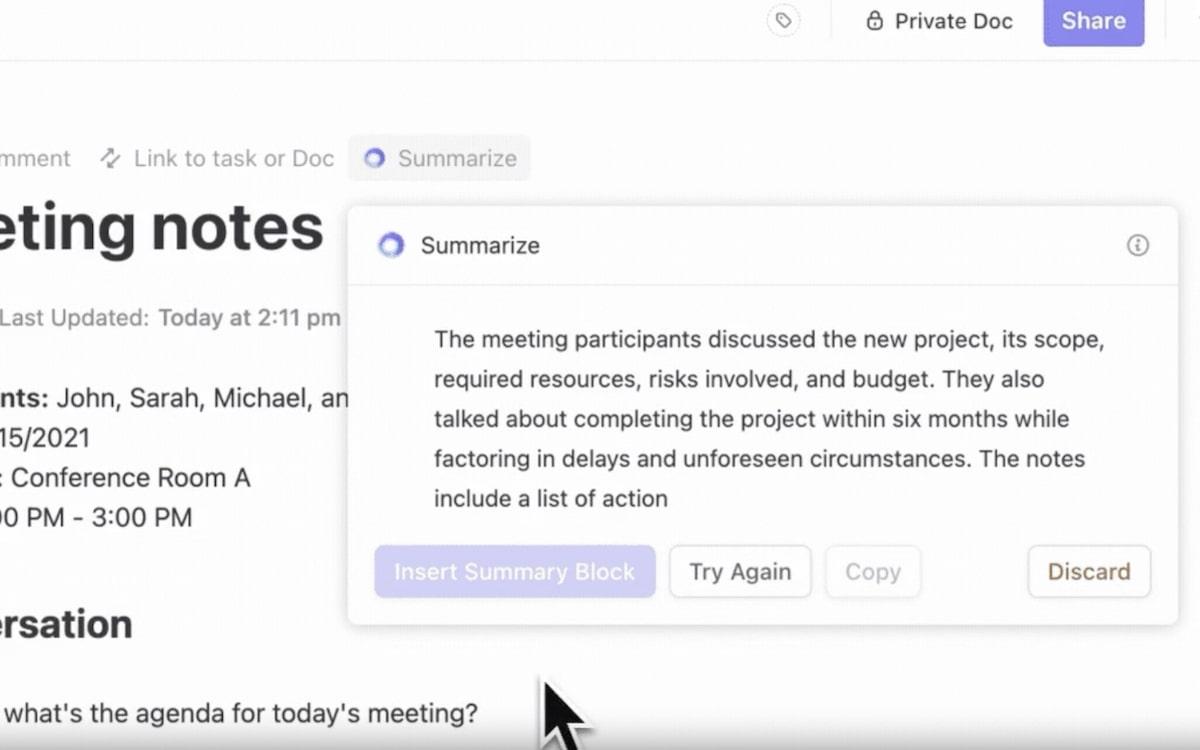How to Be a Great Mentor at Work: A Guide

Sorry, there were no results found for “”
Sorry, there were no results found for “”
Sorry, there were no results found for “”
Mentorship is a unique and powerful way for an experienced professional to provide guidance and support to their less experienced mentee. It nurtures the mentee’s talent and helps them progress in their career. A mentor can play a vital role in helping promising talent advance in the industry by providing proper guidance and support.
An effective mentoring approach can benefit both mentor and mentee. Moreover, by creating a successful mentor-mentee relationship, you contribute to employee retention and smooth onboarding processes, which remain a significant part of organizational success.
However, mastering mentorship isn’t without its challenges. So, how do you overcome them to create a mutually fulfilling experience for yourself and for your mentee?
In this blog, we’ll explore the nuances of mentorship, including the roles and responsibilities, roadblocks, and best practices that show you how to be a good mentor at work.
A good mentor offers reliable advice and active encouragement to help their mentees achieve their dreams and ambitions.
Mentors usually help mentees deal with workplace challenges, like taking on new tasks, seeking that pending well-deserved promotion, and improving connections with teammates. A mentor-mentee relationship can be impactful even with a single meeting, or it can develop into an incredibly valuable long-term partnership that lasts a whole career.
A mentor is someone who sees more talent and ability within you, than you see in yourself, and helps bring it out of you.
Mentors fulfill several responsibilities depending on their mentees’ needs, such as building their capacity by developing and strengthening their skills and abilities. Here are some primary responsibilities of a mentor:
Mentorship comes in various forms, each with unique skills and approaches tailored to different needs. The three primary types of mentors are:
Career mentors act as advisors and advocates, guiding mentees on career trajectories and transitions. They may be senior colleagues within the same organization or professionals from different workplaces.
For example, mentorship in marketing offers targeted advice on industry trends, acquiring certifications, and personal and career growth strategies. Here, a marketing mentor might help a junior marketing manager develop effective campaigns and build a personal brand.
Peer mentors are colleagues who are at a similar level in the company but have more experience under their belt. They’re like work buddies who’ve been there, done that, and are happy to share their knowledge to help you succeed. Peer mentors offer on-the-job training and support to new employees in the organization.
Life mentors use their personal experiences to support their mentees’ professional and personal growth. They can be family members, friends, or even colleagues, offering guidance on career goals, personal development, and how to balance life. However, life mentors cannot replace a professional career or peer mentor.
Successful mentors possess several key traits that enable them to support and guide their mentees effectively. Some of them are:
Becoming a mentor for the first time can be both rewarding and challenging. To ensure successful mentor-mentee relationships, it’s essential to follow some key guidelines.
Here are some crucial steps for first-time mentors to consider while they prepare to take on this role:
One of the first steps in becoming a reliable and incredible mentor is helping your mentee understand, articulate, and define their goals.
Clear, achievable career goals provide direction and purpose and help create an effective mentoring relationship.
Here’s how to guide your mentee in defining their goals:

Establishing clear expectations at the beginning is vital for a productive mentor-mentee relationship. Ground rules prevent misunderstandings and ensure both parties are on the same page:
A strong and successful mentoring relationship is built on trust and mutual respect. On the other hand, building rapport with your mentee creates a supportive environment where open communication can thrive.
Empathy and active listening are crucial elements of effective mentoring. These skills help mentors understand their mentees’ career challenges and provide support accordingly:
Being an effective mentor requires a blend of skills, insight, and dedication to guide mentees toward success in their professional lives. By learning to become a better mentor, one can also transition from individual contributor to people manager.
Here are some key best practices that incredible mentors follow:
A good mentor encourages mentees to think for themselves and helps them develop problem-solving skills. Instead of offering direct instructions, ask questions that prompt them to explore different perspectives and eventually find their own solutions.
In mentorship programs, both parties should collaboratively decide on goals to ensure they’re aligned and achievable. Since you have expertise in the field, as a mentor, you must guide your mentees to make their own career decisions. This is because, ultimately, the mentee is responsible for taking action and achieving growth.
While this might not lead to immediate success, it will help them learn and become more confident in their decisions. A mentor should act as a sounding board and provide encouragement to the mentee instead of having all the answers.
Being honest and real is crucial in mentoring relationships. By providing honest opinions (without sugarcoating), a mentor helps the mentee learn and grow personally and professionally.
As a mentor, you must do both—recognize the mentee’s achievements and candidly show them areas needing improvement. It requires you to tackle tough topics and challenges directly. Moreover, your openness as a mentor will encourage reciprocal candor from your mentee.
On the other hand, you must also stay professional throughout the interaction— being punctual, prepared, respectful, and reliable.
This balance also helps you set clear boundaries between personal and professional matters. It ensures the mentor-mentee relationship stays focused on growth and achieving career goals.
Mentors can support mentees’ professional growth by giving them feedback without discouraging them. Here are some critical tips to provide feedback in a constructive way:
By working together and deciding on mentoring goals, both mentor and mentee can achieve greater success. Here’s what a mentor can do to help their mentee:
One significant advantage a mentor can offer is access to their professional network. This might involve connecting the mentee with someone experienced in their desired field or recommending relevant conferences, workshops, seminars, or training programs.
Also, if your mentee needs help in an area that falls outside your expertise, introduce them to someone in your network who can assist. For instance, if your mentee is a budding entrepreneur, introducing them to a business mentor from the professional world would be a great idea.
Similarly, if you learn about a new opportunity that might be a great option for your mentee, put their name forward, as it may enhance their skills and knowledge.
Effective mentoring relies on clear communication and collaboration between the mentor and mentee. To achieve that, you must leverage a management and collaboration tool like ClickUp.
ClickUp is an excellent software solution for both mentors and mentees. It allows for organized knowledge sharing and offers essential features that enable mentors to guide their mentees toward success in the business world:




In addition to leveraging these powerful features, you can also use ClickUp’s range of ready-to-use templates to become a better mentor. For instance, the ClickUp Career Path Template will help mentees define career goals, track progress, identify necessary skills, and set milestones aligned with their career aspirations.
You can create custom stages (such as Open, Complete, etc.), add details to each step (like skills needed), and view your progress in different formats (Start Here, Whiteboard). It also has project management features to organize your path effectively.
But that’s not all! ClickUp also offers several other career map templates that are worth checking out and sharing with your mentees.
Mentorship also comes with its share of challenges that can impact the effectiveness of the mentoring sessions for both you and the mentee. Some common obstacles include:
Misunderstandings can occur due to differences in communication styles or expectations between mentor and mentee.
Solution: Establish clear communication norms from the outset, encourage open dialogue, and use tools like ClickUp Chat for real-time feedback.
The mentor may find it difficult to deliver constructive criticism without overwhelming and demotivating mentees.
Solution: Highlight achievements alongside areas for improvement and create a supportive environment for continuous growth. You can also use ClickUp Docs for feedback documentation.
Read more: All about radical candor in feedback
Mentors and mentees both often struggle to find dedicated time for regular interactions.
Solution: Schedule recurring meetings with ClickUp Calendar View by assigning dates and timelines to ensure consistency.

Sometimes, as a mentor, you can’t figure out how much mentorship you can realistically provide without sacrificing your own well-being and commitments.
Solution: Assess your available time and expertise—don’t overload yourself or overcommit. If a mentee’s needs exceed your capacity, have an open conversation. By managing your bandwidth, you create a space for a thriving and sustainable relationship.
If you cannot dedicate enough time or energy, respectfully communicate this to your prospective mentee upfront. You may recommend another career mentor for professional growth. It’s better to clarify expectations early on than to risk disappointing them later.
We hope our detailed guide helped show you how to be a good mentor at work, which will be rewarding for both you and your mentees in the long run.
Additionally, you can leverage ClickUp to optimize your mentoring activities, like scheduling meetings, assigning tasks, tracking progress, making notes, and collaborating with mentees.
Ready to become an ideal role model for your mentees and lead them in the right direction? Get started with using ClickUp today!
© 2026 ClickUp